
What Are the Good Gestures to Protect the Mountain?
To enjoy the mountain and nature in general, it is important to preserve it. The same applies when you are in resort, because a few simple gestures are enough to significantly limit your environmental impact.
To help you, we will approach through these few lines, a list of actions to take in order to change small habits that will help to preserve the mountain even more.
Step 1: Book your accommodation correctly

Before coming to the mountains, it is important to select your accommodation taking certain criteria into account. In order to limit your carbon footprint, it is relevant to choose an eco-responsible address for your stay.
To determine this, you need to analyze some points.
- Are the cuisine and dishes prepared with local products from a short circuit?
- Is the energy supplying the home optimized?
- Was the accommodation built with environmentally friendly materials?
To answer these different problems, you can contact the manager of the accommodation that interests you so that he can help you.
When you come to the mountains during the winter, do some research to find ski resorts with the Flocon Vert or Green Globe label . Awarded to stations after an audit carried out around 20 criteria, they will help you to guide you in your research.
- For the Flocon Vert label, you will have for example the village of Grand Borand, not far from Annecy, Megève or Chamonix.
- For the Green Globe label, Tigne is one of the 5 French resorts to be in possession of this label.
Step 2: Do not use your car, prefer the train and the bus
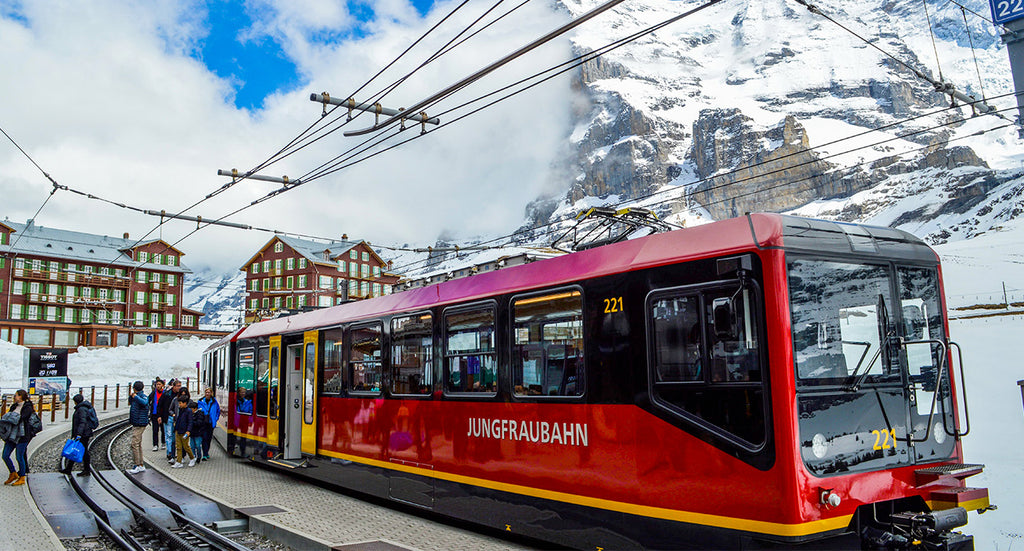
During a stay in the mountains, travel by car is one of the most polluting actions. To reduce these greenhouse gas emissions, it is important to favor more sustainable transport. For example, to get to the mountain, you can use the train, more and more stations offer shuttles intended to make the journey between the station and the station.
To get around the mountain village, favor walking, cycling or even the bus. Small in size, they are designed to serve different areas in order to limit car traffic.
Step 3: Consume local products

To limit your impact on nature, you will need to ensure that the food products you consume are of local origin. Some foods travel thousands of miles, it is imperative to pay attention to this point.
By being careful, you will significantly reduce your carbon footprint. This will allow you to protect the mountain while enjoying good quality products.
In addition, the big advantage of France is that each region has a terroir full of specialties and succulent dishes. Prepared with local products, it is important to favor them. This will promote the local economy as well as local producers, making a real effort in terms of sustainable development.
Step 4: Coexist with fauna and flora while respecting protected areas
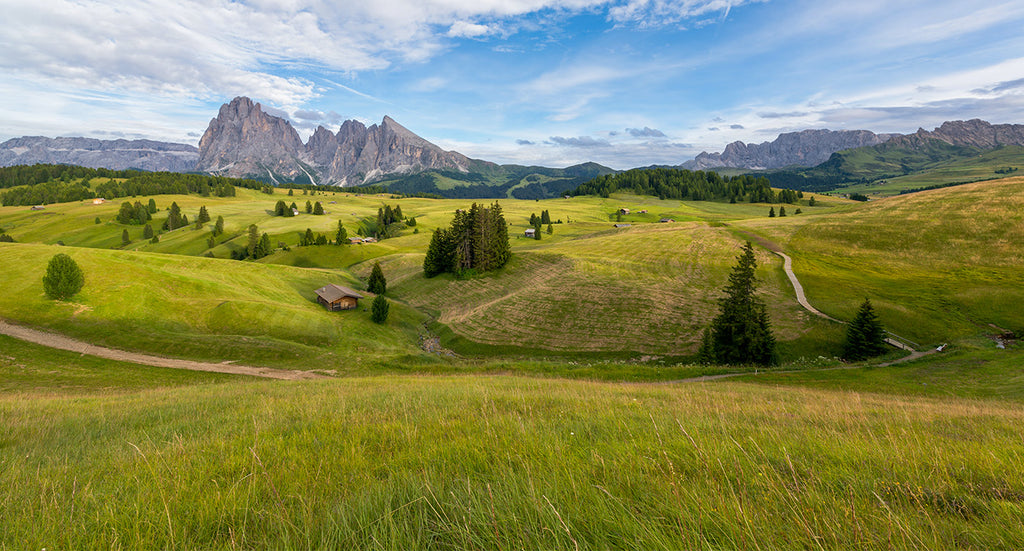
Rich in a unique ecosystem, the mountainous areas are home to emblematic species of these regions that it is important to protect. This biodiversity is fragile and must be respected.
In order not to harm them, it is necessary to respect the rules of conduct in the natural environment. To do this, it is necessary to respect the paths and not to leave them, do not feed the animals, do not harass them either and above all prefer small groups when walking.
Step 5: Avoid plastic consumption

In the mountains as everywhere today, it is important to limit the use of plastic. Plastic packaging, which is a real environmental disaster, must be banned as much as possible.
For example, instead of using plastic bottles, opt for a glass or metal water bottle. Reusable at will, they are now available in a multitude of different shapes and colors.
For other packaging, you can favor the purchase of products in bulk. All you have to do is buy a reusable container and it will follow you throughout the year to do your shopping.
Step 6: Sort your waste

This gesture may seem obvious, yet it is very often overlooked. Important to limit the amount of waste and its environmental impact, almost all mountain resorts and villages offer sorting bins.
It is therefore important to correctly sort your waste so that it can be reused wisely afterwards.
Step 7: Do not throw anything in nature
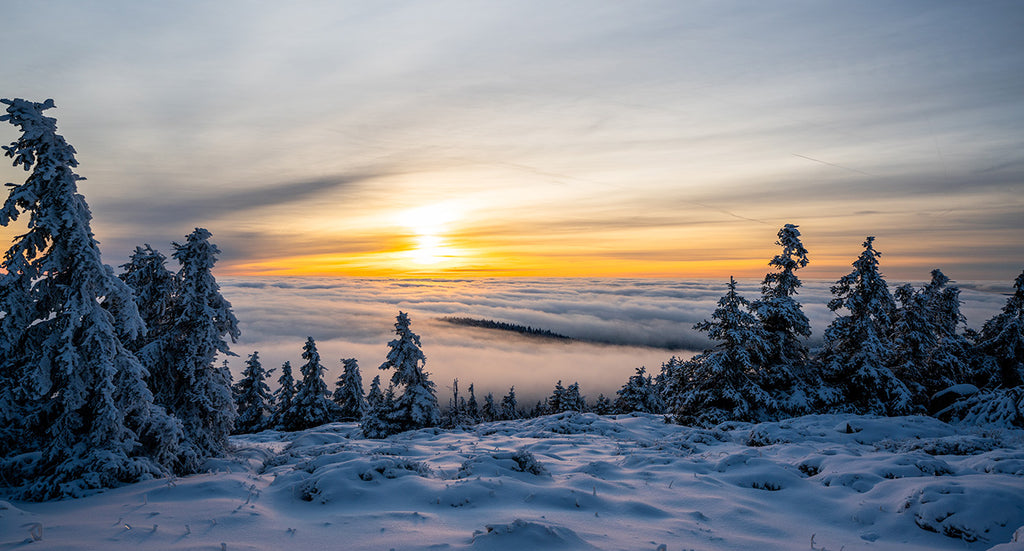
Another obvious gesture, and yet… Nature is not a trash can. Plastic waste takes between 400 and 1000 years to decompose. As this process progresses, it will become more and more dangerous. The years will pass and it will become a micro plastic, which can be carcinogenic for animals and for humans.
In order to protect the beauty of the mountain, it is therefore important not to dump your waste. It is advisable to keep them in a small bag or in a pocket before finding a trash can later.
Step 8: Pick up litter on the ground

When you are hiking or doing something like that in the mountains and you come across litter, pick it up. This good deed is a small gesture, however, as we often hear, "there are no small gestures for the planet". The small cumulative gestures become great.
Step 9: Optimize the heating of your home
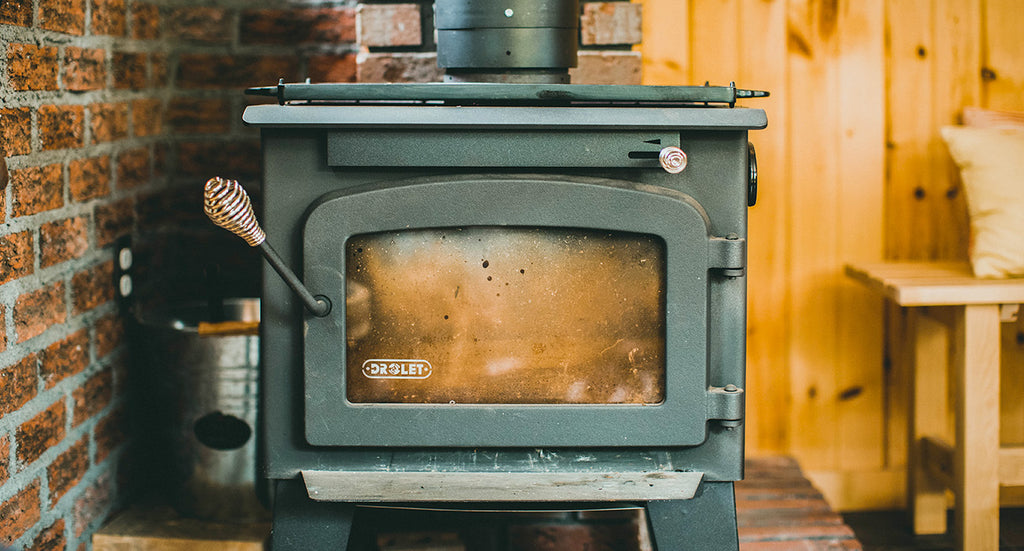
In your accommodation in the mountains, it is important to optimize your heating. It is sometimes beneficial to dress in a vest or fleece indoors instead of walking around in a t-shirt and turning up the heating.
Step 10: Equip yourself in an eco-responsible way
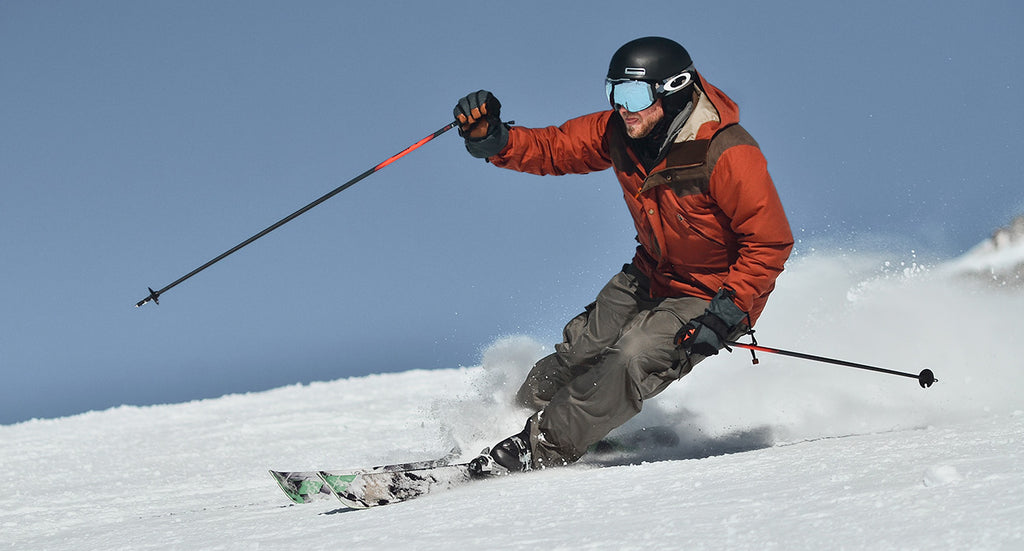
Finally, in order to equip yourself decently for the mountain, it is important not to make any mistakes. Before buying new clothes and equipment, look at the second-hand market. You will surely be able to do good business while promoting the second hand.
You can also turn to eco-designed products with recycled materials.
In addition, in order to limit the amount of clothing you will need for the mountain and therefore limit the quantities of items to buy, it is advisable to favor a heated jacket . It allows you to avoid being encumbered by several layers of clothing and thus to keep a great freedom of movement. Designed with lightweight and insulating materials, its heat remains inside the lining to prevent heat loss.
As for equipment, such as skis or snowboards, it is more appropriate to prefer renting to buying if you only come to the mountains once or twice a year.


